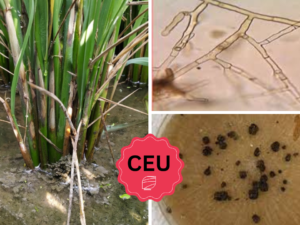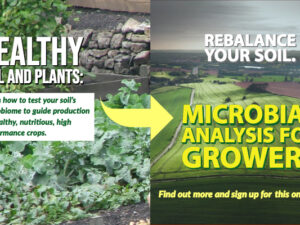In the heartland of human civilization, agriculture has always been a cornerstone of sustenance and prosperity. Today, as we stand on the cusp of the digital age, agriculture is undergoing a profound transformation. Digital agriculture, powered by cutting-edge science, technology, and innovation, reshapes the farming and food production landscape. In this blog post, we’ll explore the implications of digital agriculture for scientists and academics, emphasizing the pivotal role of education in this transformative process. We’ll also provide valuable resources for staying up-to-date in the rapidly evolving agriculture sector.
The Digital Agriculture Revolution
Digital agriculture is not just a buzzword; it’s a revolutionary shift in producing, managing, and optimizing crops and livestock. At its core, it harnesses the power of data, connectivity, and automation to enhance every aspect of farming. Here are some key elements:
- Precision Farming: Through sensors, drones, and satellite imagery, farmers can monitor their fields with unparalleled precision. This allows for precise resource allocation, from water and fertilizer to pesticides, reducing waste and environmental impact.
- Big Data and Analytics: Digital agriculture collects vast amounts of data on weather patterns, soil conditions, crop health, and more. Advanced analytics and machine learning algorithms help farmers make data-driven decisions, increasing productivity and yield.
- IoT and Automation: The Internet of Things (IoT) has enabled the automation of farming processes. “Smart” machinery and robotics handle planting, harvesting, and livestock management, improving efficiency and reducing labor costs.
- Genomic Advances: Scientists are using genetic data to develop crops and livestock that are more resilient to climate change and diseases, ensuring food security for the future.
- Blockchain for Traceability: Blockchain technology creates transparent supply chains, enabling consumers to trace their food’s origin and ensure its safety.
Implications for Science and Academia
The digital agriculture revolution has profound implications for scientists and academics across various fields:
- Interdisciplinary Research: Digital agriculture requires collaboration between agronomists, data scientists, computer engineers, and geneticists. Interdisciplinary research is vital to unlock its full potential.
- Data-Driven Agriculture: Academics can contribute by developing advanced data analytics techniques, predictive models, and AI algorithms to process the enormous datasets generated by digital agriculture.
- Sustainable Agriculture: Researchers can focus on developing innovative solutions for sustainable agriculture, helping to reduce the environmental footprint of food production.
- Education and Training: Education will be pivotal in equipping the workforce with the necessary skills to navigate the digital agriculture landscape. Universities and institutions should offer specialized programs in digital agriculture and related fields.
The Role of Education
Educational institutions must adapt and evolve to prepare for a future dominated by digital agriculture. They must offer courses and programs that equip students with the skills required to thrive in this new era. Here are a few key aspects:
- Digital Agriculture Programs: Institutions should develop specialized programs in digital agriculture, covering topics such as data analysis, precision farming, and ag-tech innovation.
- Research Opportunities: Encourage students to engage in research projects related to digital agriculture, fostering innovation and collaboration.
- Industry Partnerships: Collaborate with industry players to provide students with real-world experiences and internships, bridging the gap between academia and the agricultural sector.
Resources for Staying Informed
For scientists and academics seeking to stay updated in the field of digital agriculture, there are several invaluable resources available:
- Academic Journals: Explore journals like the “Journal of Digital Agriculture” and “Precision Agriculture” for in-depth research articles.
- Online Courses: Platforms like Coursera, edX, and FutureLearn offer courses on digital agriculture and related topics.
- Conferences and Webinars: Attend meetings and conferences such as the International Conference on Precision Agriculture to network and learn from experts in the field.
- Government and Industry Reports: Read reports and publications from agricultural departments and industry organizations.
Conclusion
Digital agriculture is reshaping the future of farming and food production. For scientists and academics, this revolution presents both challenges and opportunities. Education will be the linchpin in unlocking the full potential of digital agriculture, empowering the next generation to drive innovation and sustainability in the agricultural sector. By staying informed and embracing interdisciplinary collaboration, we can ensure that agriculture continues to thrive in the digital age, feeding a growing global population while safeguarding our planet.



